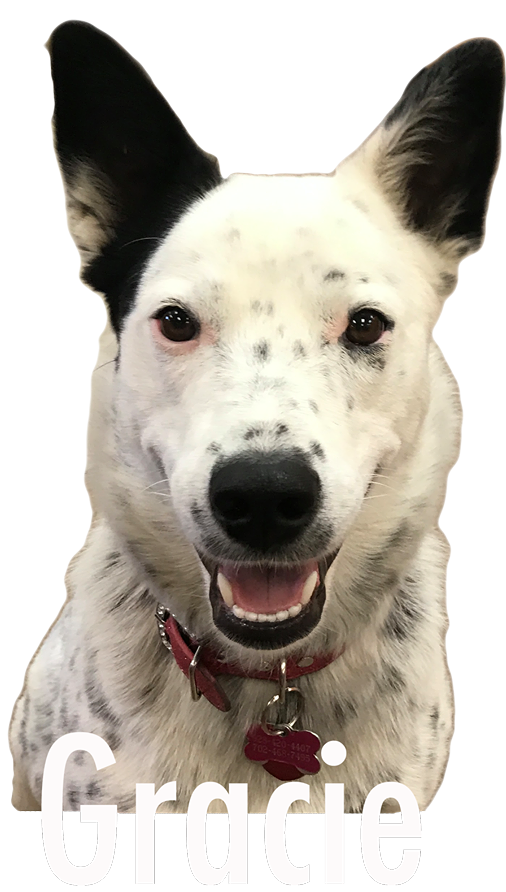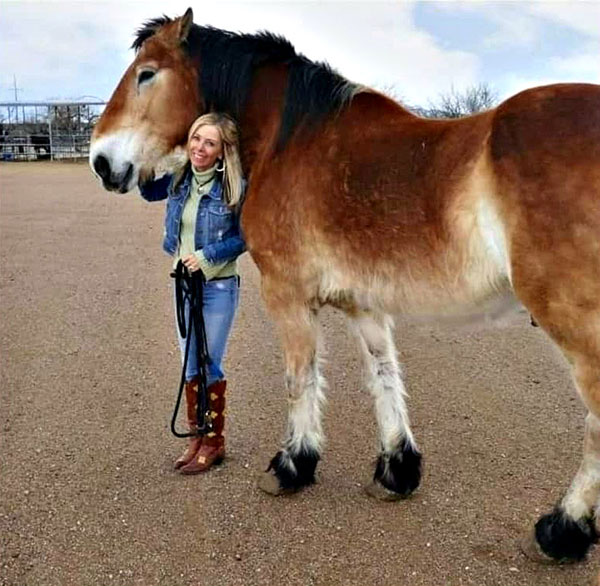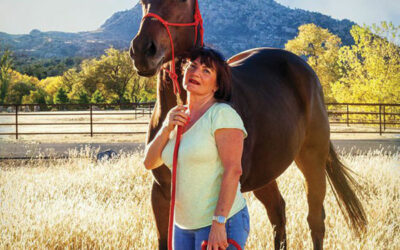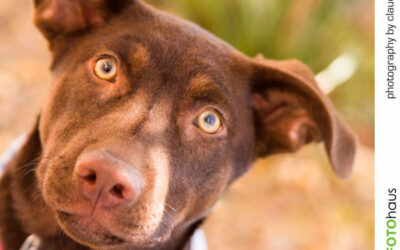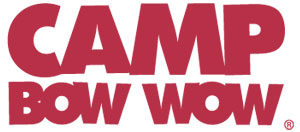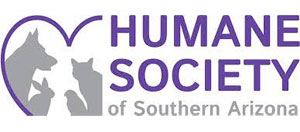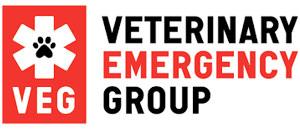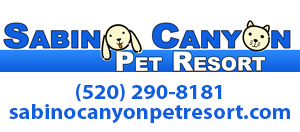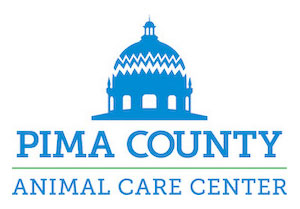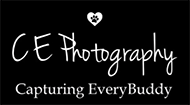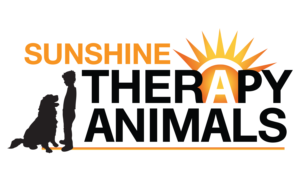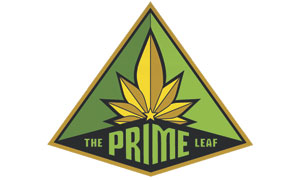Back in 2004, Karen Pomroy set about creating a safe haven for horses and wild burros in need of refuge. Now, more than 18 years later, she’s finally realizing the whole of that dream with the completion of a new barn and increased acreage for the animals under her care. That haven is Equine Voices Rescue and Sanctuary, “a place of healing” in Green Valley, and it’s grown to include eight board members and seen roughly 1,500 animals pass through since its inception.
Raised with a real love for animals, Karen was particularly fond of horses. After graduating college, she worked a number of corporate jobs for a time but ended up quitting and backpacking the globe for 18 months. During her travels Karen witnessed the poor living conditions of so many animals and the mistreatment they often endured. Unable to get past what she’d seen, she decided she needed to follow her heart and help in whatever capacity she could. Having had horses of her own growing up, it made sense to her to start there.
Her decision led her to California, where she volunteered at a wild horse sanctuary. The experience provided her with a wealth of knowledge and opened her eyes to the sad fates so many horses here in the U.S. face. It was enough to convince her that someday she wanted to open her own sanctuary.
Her focus was on saving mares on PMU farms and their foals from possible slaughter. PMU stands for pregnant mares’ urine. It’s an ingredient in Premarin, a hormone replacement used by women. The horses are used as broodmares, so the farms are in many ways the equine equivalent of puppy mills. For months on end, they’re hooked up daily to urine collection devices for long periods, depriving them of regular exercise. This generally takes place from October through March until giving birth in the spring. They’re typically rebred within a few weeks of foaling.
But it gets worse. The foals, as it turns out, are sent to auction. It’s estimated 10,000 die young for various reasons, including early weaning, and many are sold for meat to foreign countries for human consumption. Equally as disturbing, if not more, is the ghastly pony-skin industry. “Pony Skin” leather is taken from young foals’ hind quarters and made into high-end leather goods. You have to shudder just reading that, but it’s true. In essence, as byproducts of the harvesting process, significant numbers are basically bred for disposal.
Karen wants to work toward ending the practice of PMU farms by educating women on the reality behind Premarin’s development, suggesting instead they consult their doctors about available options. Doing so can have the effect of reducing the demand for it and save equine lives in the process. Her first four rescues at the sanctuary were PMU foals she welcomed in 2004, including Gulliver, who is now their mascot. Karen shared that he’s really the voice of the Premarin foals and a bridge for those that came after. “This is my assignment in life, saving these animals. It’s about raising consciousness for all living beings and bringing about change,” she explained.
Other animals that found their way to Equine Voices have been discovered abandoned, wandering the desert by themselves, often half-starved. Some are rescued from auctions and feedlots or industries such as racing and breeding farms. And then there are those phantom-like legends of the American West, wild mustangs, that are frequently rounded up in an effort to thin the herds and stop the inadvertent destruction of fragile habitats. EVRS currently has 58 horses, including a mini horse, four burros, and a mule called Ginger. She and a horse named Janelle are both blind and sweetly support one another’s limitations navigating the sanctuary.
The horses come from Texas, California, Arizona, and as far north as Canada. The nine mustangs that reside there are from BLM roundups at Devil’s Garden in N. California. The rescue is also home to a handful of Percheron crosses and quarter horses. They’ve come to her in varying states of physical health, but all needed love, patience, and understanding when they arrived.
As you can imagine, it’s quite costly and time-consuming supporting that many creatures in need of food and care. One way the public can help is through sponsorships to aid in their upkeep. Another is by attending EVRS’s different fundraising events held throughout the year. One such event this November is entitled “Let’s Groove Tonight,” featuring a ‘70s theme at the Longhorn Grill & Saloon. Proceeds will provide the horses and burros with multiple new shade structures and a much-needed weather protection structure for hay and ranch equipment.
If you’d like to adopt a horse, become a sponsor, make a donation, or maybe volunteer, reach out to equinevoices.org for more information and change the life of an equine today.
